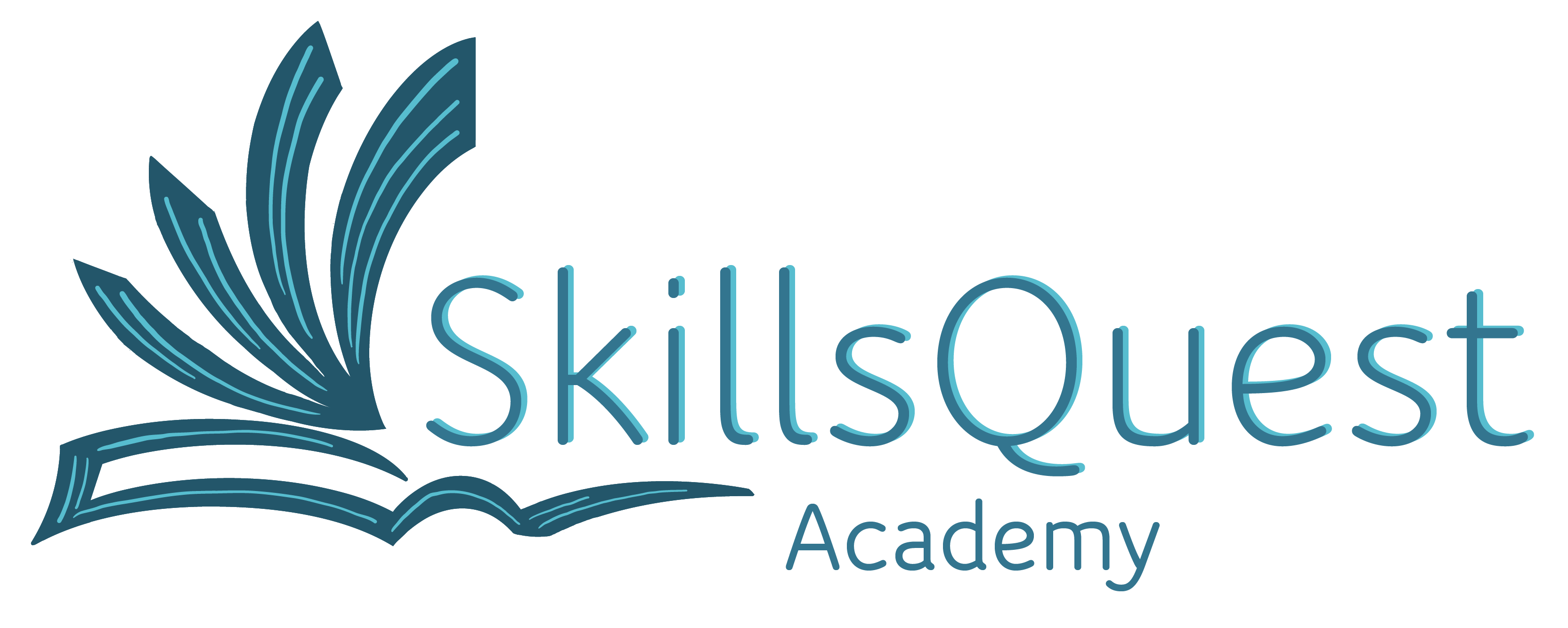Level 3 Sports Psychology Diploma
This Level 3 Diploma course will include reflective and practical activities. Sports psychology is the scientific study of people and their behaviours in sports contexts and the practical application of that knowledge. Each module has an associated assignment which is designed to allow students to demonstrate their underpinning knowledge and show how this can be applied in various contexts.
This course is thoughtfully structured into ten manageable units, each exploring key aspects of the field.
Level 3 Sports Psychology Diploma Entry Requirements
All students must be 16 years of age and above to enrol on our Level 3 Sports Psychology Diploma course.
Level 3 Diploma courses require a minimum prior learning to GCSE standard in order that students can manage their studies and the assumed knowledge within course content.
Course Study Hours
Approximately 20 hours per unit.
Assessment
Optional coursework and final examination.
Enrolment
Please note that you can enrol on this course at any time.
Course Length
1 Year.
Endorsed By
Students have the option to choose the awarding body of their course.
This course has been endorsed by :
Quality Licence Scheme: https://qualitylicencescheme.co.uk/
Or
Accord: https://accord.ac/
These courses’ awarding bodies are recognised for their high-quality, non-regulated provision and training programmes. This course is not regulated by Ofqual and is not an accredited qualification. Your training provider will be able to advise you on any further recognition, for example, progression routes into further and/or higher education. For further information please visit the Quality Licence Scheme website or the Accord website
Progression
This Level 3 Sports Psychology Diploma course can be used to gain entry to a Level 4 Diploma or higher.
Course Content
Module 1: In the beginning
This module explores sports psychology by defining its components and specialities, offering a brief historical overview, and examining theoretical versus practical applications. Discussions focus on the evolution of sports psychology, its role in amateur and professional sports, and its impact on performance enhancement. The module also addresses performance preferences, current trends, and practices, exploring individual approaches to sports, learning aids, and differentiation in both amateur and professional settings.
Module 2: Participation and Learning
This module explores personality, identity, and competitiveness, drawing from theories in psychology, healthcare, business, and philosophy. It delves into the significant impact of identity on all aspects of life, particularly in the context of sports. The module discusses established theories on personality types, emphasising their relevance to learning, perception of roles, and information assimilation. Additionally, it explores motivational influences and professional practices, highlighting external factors shaping actions. The module concludes with strategies for success, encouraging self-examination to understand one’s own personality and enhance skills for roles like sports training, coaching, or personal performance improvement.
Module 3: Stress and anxiety
This module delves into the intricate connections between anatomy, physiology, and their impact on psychological responses. It then explores effective stress reduction techniques, especially before performance, and introduces coping strategies for managing stress during performance.
Module 4: The Sports Environment
This module explores the dynamics of competition, focusing on feedback, reinforcement, and the principles of rewarding behaviours—both extrinsic and intrinsic. Examples include examining training expectations, the impact of performance on subsequent behaviour, athlete-coach feedback, and the benefits of rewards. The module also delves into behaviour within competitive environments, defining and explaining extrinsic and intrinsic behaviours and their relevance in the sports environment. It serves as an integrative link to previous and subsequent modules.
Module 5: Group dynamics
This module delves into the complexities of group behaviour, emphasising theories and skills essential for effective teamwork. It addresses challenges individuals face when aligning personal goals with overall team objectives, especially within competitive environments. The focus includes an in-depth examination of cohesion, leadership dynamics, and communication barriers within groups. Strategies are presented to overcome potential issues, including relationship building, hierarchical challenges, and communication obstacles, enhancing participants’ abilities to work together towards shared goals.
Module 6: Performance dynamics
This module focuses on enhancing performance through skills training, arousal regulation, and imagery. It delves into self-confidence issues, emphasising strategies to build confidence and address fears, nerves, and low confidence levels during competitive or public performances. The concepts of goal setting and cognitive behaviour are explored, highlighting ways to change behaviour for improved performance enhancement.
Module 7 & 8: Health and Wellbeing part 1 and 2
This module will explore the concepts of well-being and how individual perceptions impact physical performance. It will briefly touch on the concept of homeostasis concerning systemic equilibrium and how maintaining optimal balance influences health and physical performance. Additionally, the module will cover athletic injuries and the role of sports psychology in injury rehabilitation. Discussion will include burnout and excessive training, focusing on definitions, measurement, and prevention of these incidents.
Module 9: Children and Sports Psychology
This module addresses the unique considerations in sports training for children who are still growing physically and developing mentally. It briefly examines key stages of child development and explores the psychological aspects relevant to working with children in a sporting context. The discussion includes appropriate approaches and effective training and learning techniques to positively engage with and support children in sports.
Module 10: Psychology, growth and development
This module examines aggression and anger in sports, exploring how these emotions can impact performance and how to redirect them positively. It delves into the negative consequences of aggressive behaviour on individual and group performance. Additionally, the module addresses character building and proper behaviour in the performance environment, exploring the concept of personal growth through sports and supporting theories with relevant research.
Requirements
- All students must be 16 years of age and above to enrol on our Level 3 Sports Psychology Diploma course. Level 3 Diploma courses require a minimum prior learning to GCSE standard in order that students can manage their studies and the assumed knowledge within course content.







